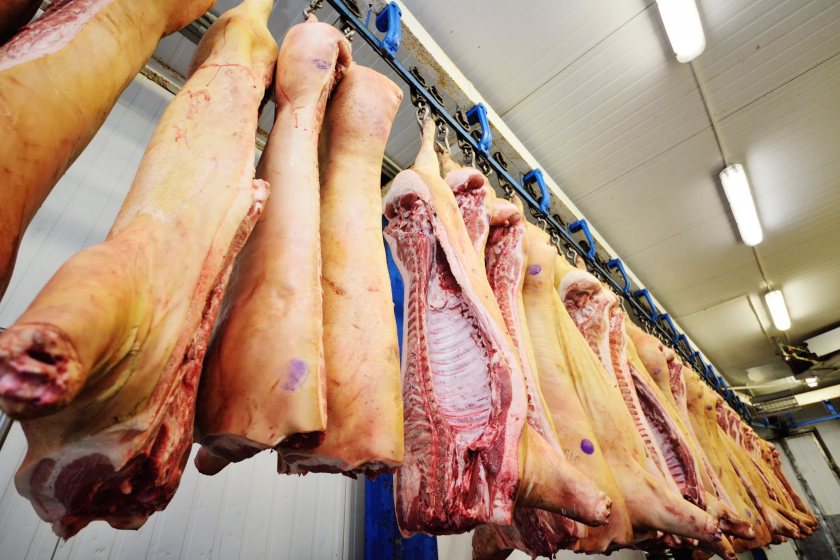
The trade association representing abattoirs and processors has condemned the Food Standards Agency's 'misguided stance' on meat inspection charges.
The Association of Independent Meat Suppliers (AIMS) has expressed its opposition to recent statements made by Susan Jebb, chair of the FSA.
During a board meeting, Ms Jebb labelled the existing discount system for meat inspection charges as a 'subsidy' to the meat sector, a comment AIMS said was 'inaccurate and detrimental'.
AIMS, which is the UK’s largest post-farm gate trade body representing abattoirs and meat processors, has frequently warned that the FSA's potential removal of the discount regime could devastate over half of the UK's meat sector.
The FSA, the UK's food safety regulator, recently issued a call to evidence in relation to its charging structure for official controls (OC) in abattoirs.
Official veterinarians and meat hygiene inspectors inspect every animal and carcase to ensure regulations are complied with and that the meat is fit for human consumption.
Charges are currently discounted according to the number of hours involved so that smaller abattoir businesses, which require fewer hours regulation, receive a greater discount.
Dr Jason Aldiss, head of external affairs at AIMS, said Ms Jebb's portrayal of the discount system as a subsidy demonstrated a 'profound misunderstanding of the regulatory framework'.
He said: “The current discounts are essential adjustments designed to counterbalance an excessively bureaucratic and duplicative charging regime that imposes exorbitant costs on the meat industry.
“The current FSA charges to the UK meat sector are among the highest in the world and, in effect are a state sponsored trade barrier placing domestic producers at a significant disadvantage in international markets."
In light of these challenges, the trade association is currently advocating for the adoption of a headage-based charging system.
According to AIMS, approach would align with international standards, ensuring a fairer and more transparent method of cost assessment that reflects the actual scale of operations, thereby promoting competitiveness and sustainability within the industry.
Furthermore, Ms Jebb's claim that meat inspection charges constitute only a minor cost to slaughter plants 'reflects a lack of awareness of industry economics', AIMS said.
While these charges may represent a small fraction of total turnover, they have a 'substantial impact' on net margins, particularly for small and medium-sized enterprises.
"The financial burden imposed by these fees threatens the viability of numerous businesses, undermining the broader agricultural economy," Dr Aldiss said.
“If meat inspections are indeed deemed a vital consumer protection measure, which is contrary to the evidence, it stands to reason that their funding should be sourced from public taxation rather than imposing disproportionate costs on industry operators.
"This would ensure that public health objectives are met without compromising the economic stability of the meat sector”.
